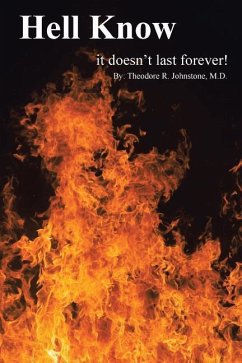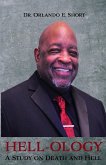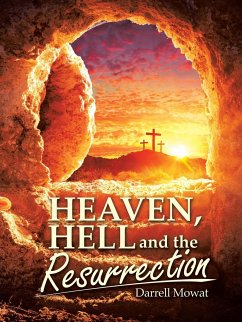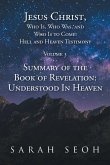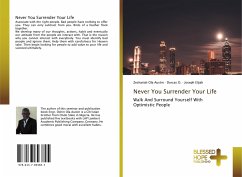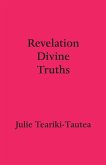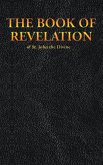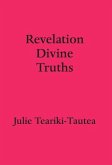Having practiced medicine for more than 55 years, Dr. Johnstone has witnessed more than one of his patients take their last breath. But sometimes, in his mind, questions popped up. Is the persons soul in the presence of its maker? Or is the soul now suffering in the flames of hell? Or did it simply die with the body and with it will soon be encrypted, buried, or cremated? What is the soul anyway? Is it conscious? Can it feel all of the stimuli coming to it from light, sound, heat, taste, smell, and touch? If so then a soul in heaven would be able to appreciate all of the blessings of that place, but if in hell; it would be suffering in the torment of eternal flames that never consume or destroy. However, if the soul dies with the body, then it would experience nothing. The above questions are not so meaningful if the person who has just died in your presence is not a loved one. However, a loved ones death makes these questions come alive, sometimes with strong emotions not the least of which is sorrow. Dr. Johnstone experienced these feelings one summer afternoon, when he was called by his mother, who was at the bedside of his dying sister, to come to the hospital and pronounced her dead. Recently retired, Dr. Johnstone decided to research Scripture for himself to find answers in it, as to what happens to a person after death. In an effort to prevent bias from forming in his mind, he decided not to consult with any commentaries, but confine his studies mainly, but not exclusively, to The New International and King James versions of the Bible along with an English translation of the Septuagint. He also decided to obtain help from the Interlinear Bible, written in Hebrew, Greek, and English, in conjunction with The New Strongs Expanded Exhaustive Concordance of the Bible. From these sources, he performed a metaphoric autopsy to ferret out the answers to the souls postmortem existence. The pathology report, portrayed in Hell Know, came as a complete surprise.
Hinweis: Dieser Artikel kann nur an eine deutsche Lieferadresse ausgeliefert werden.
Hinweis: Dieser Artikel kann nur an eine deutsche Lieferadresse ausgeliefert werden.

